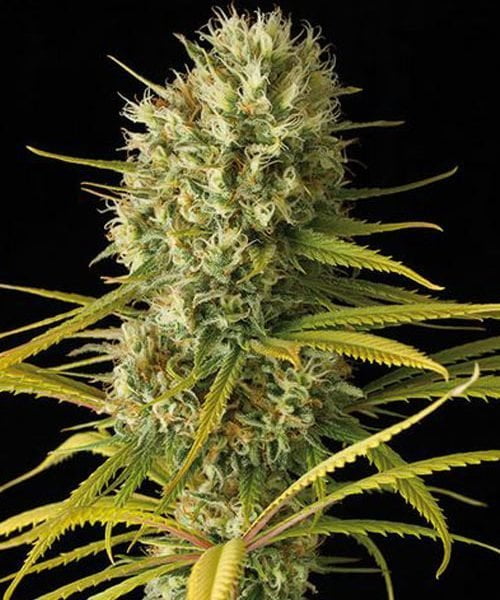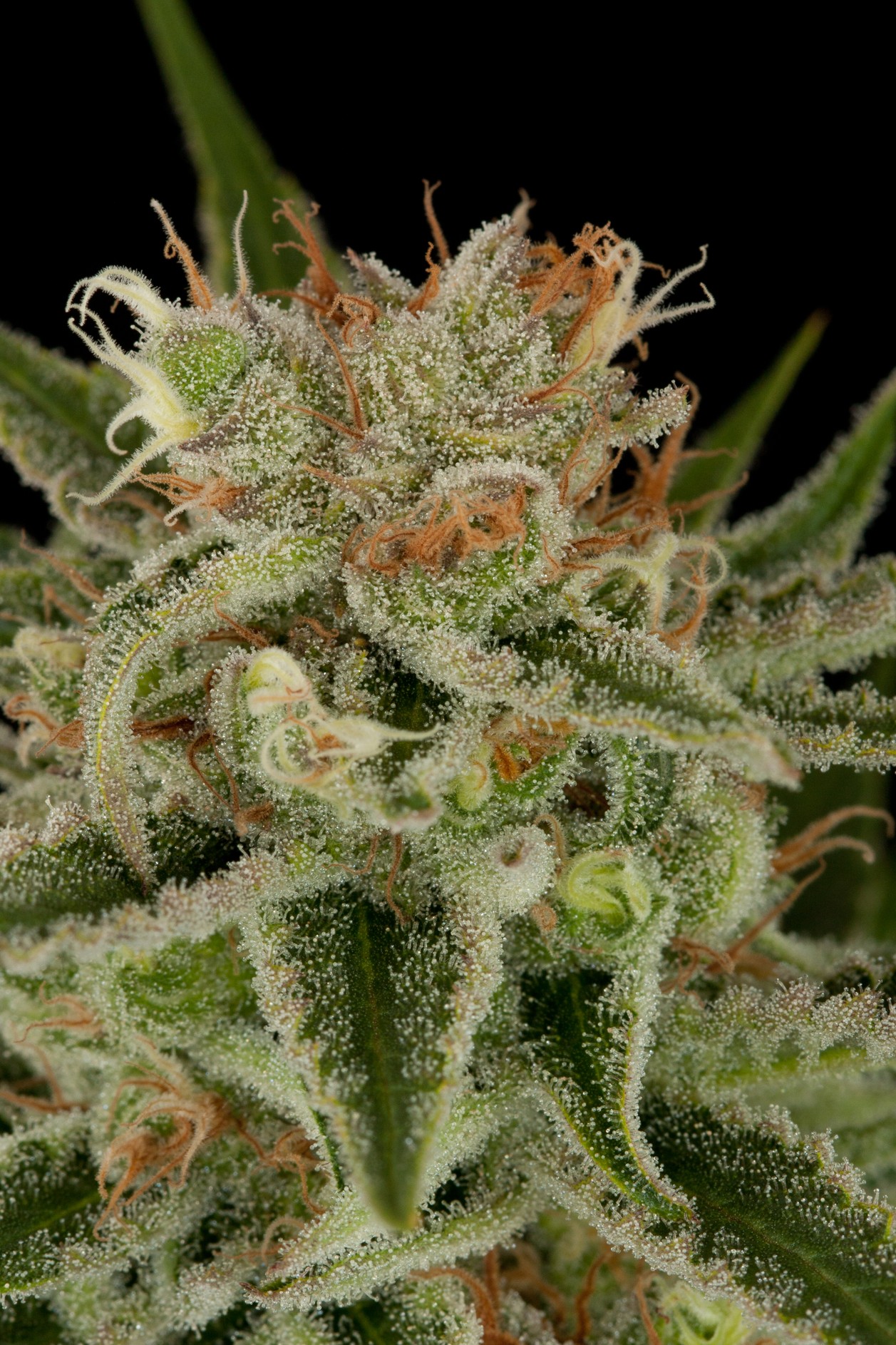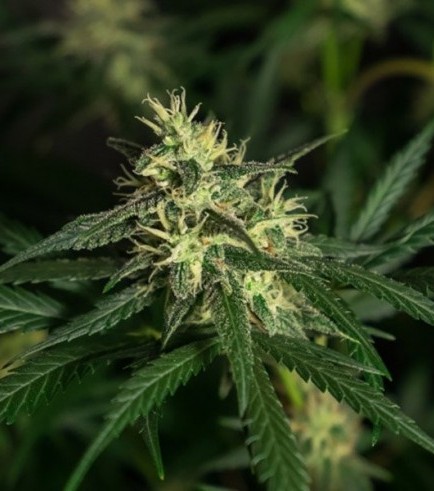

He belonged to a local gang of neighbourhood children and would often end up in fights with other groups, something he would later look back on with fond memories: "Hilarious fiascoes, not at all like the knives and guns of today. As a child, he lived on the edge of an industrial estate and would often play with friends in the factories when they were closed. Lydon, the eldest of four brothers, had to look after his siblings due to his mother's regular illnesses. When I was very young and going to school, I remember bricks thrown at me by English parents. In his autobiography, Rotten – No Irish, No Blacks, No Dogs, Lydon wrote of being from an Irish background in London in the 1960s: "Londoners had no choice but to accept the Irish because there were so many of us, and we do blend in better than the Jamaicans. Lydon spent summer holidays in his mother's native County Cork, where he suffered name-calling for having an English accent, a prejudice he claims he still receives today even though he travels under an Irish passport. At the time, the area was largely impoverished, with a high crime rate and a population consisting predominantly of working-class Irish and Jamaican people. of whom Lydon has been an avid fan since the age of four. The flat is adjacent to the Highbury Stadium, the former home of Premier League football club Arsenal F.C.

His parents, Eileen Mary (née Barry), and John Christopher Lydon (died 2008), were working-class immigrants from Ireland who moved into a two-room Victorian flat in Benwell Road, in the Holloway area of north London. John Joseph Lydon was born in London on 31 January 1956. When my parents came over from Ireland they became intrinsically working-class English. I view myself as British first and foremost. Q magazine remarked that 'somehow he's assumed the status of national treasure'. In 2015, there was a revival of a 1980s movement to have Lydon knighted for his achievements with the Sex Pistols, although he has declined efforts to award him an MBE for his services to music. In 2005, he released a compilation album, The Best of British £1 Notes. Get Me Out of Here! in the UK, appeared in advertisements on UK television promoting Country Life, a brand of British butter, written two autobiographies, and produced solo musical work, such as the album Psycho's Path (1997).

LARRY AMNESIA STRAIN INFORMATION SERIES
In subsequent years, Lydon has hosted television series in the UK, US, and Belgium, 2004 appeared on I'm a Celebrity. The band produced eight albums and a string of singles, including " Public Image", " Death Disco", and " Rise", before they went on hiatus in 1993, reforming in 2009. Īfter the Sex Pistols disbanded in 1978, Lydon founded his own band, Public Image Ltd, which was far more experimental in nature and described in a 2005 review by NME as "arguably the first post-rock group". Because of their controversial lyrics and disrepute at the time, they are regarded as one of the most influential acts in the history of popular music. The band scandalised much of the media, and Lydon was seen as a figurehead of the burgeoning punk movement. With the Sex Pistols, he penned singles including " Anarchy in the U.K.", " God Save the Queen" and " Holidays in the Sun", the content of which precipitated what one commentator described as the "last and greatest outbreak of pop-based moral pandemonium" in Britain. Lydon's outspoken personality, rebellious image and fashion style led Sex Pistols manager Malcolm McLaren to invite Lydon to join the group as its singer. He is also the lead singer of post-punk band Public Image Ltd (PiL), which he founded and fronted from 1978 until 1993, and again since 2009. He was the lead singer of the punk band the Sex Pistols, which was active from 1975 to 1978, and again for various revivals during the 1990s and 2000s. John Joseph Lydon ( / ˈ l aɪ d ən/ born 31 January 1956), also known by his former stage name Johnny Rotten, is an English singer.


 0 kommentar(er)
0 kommentar(er)
